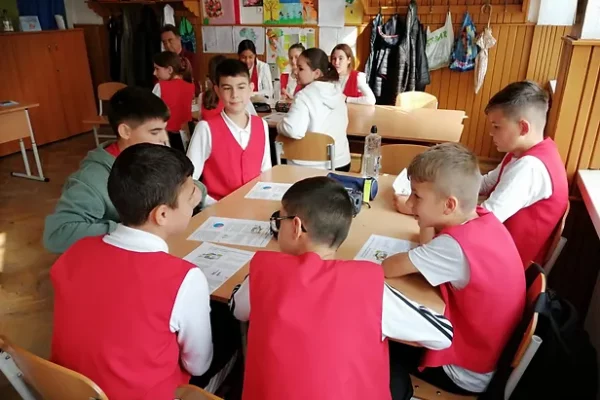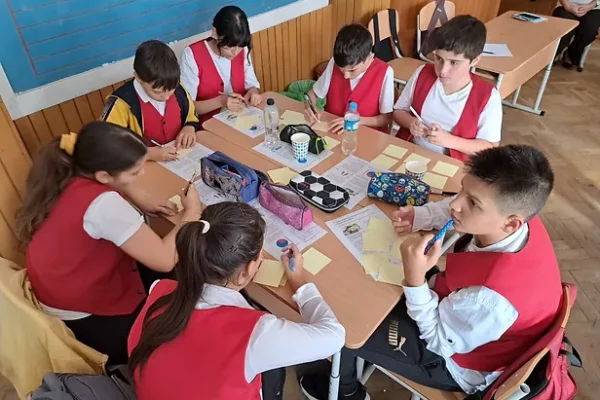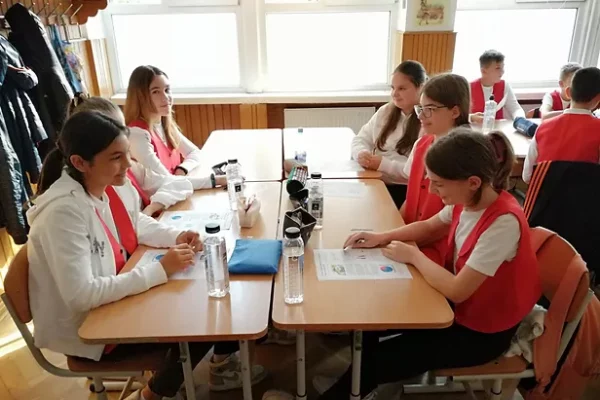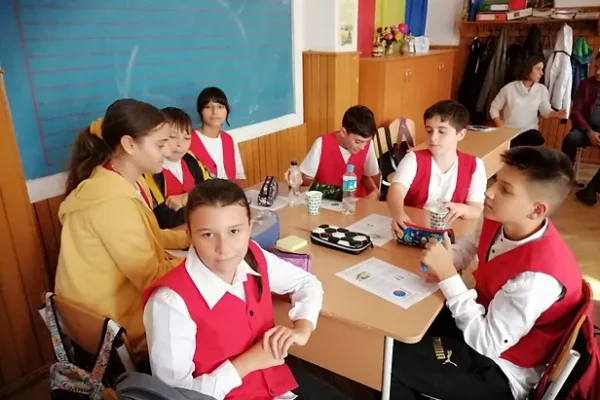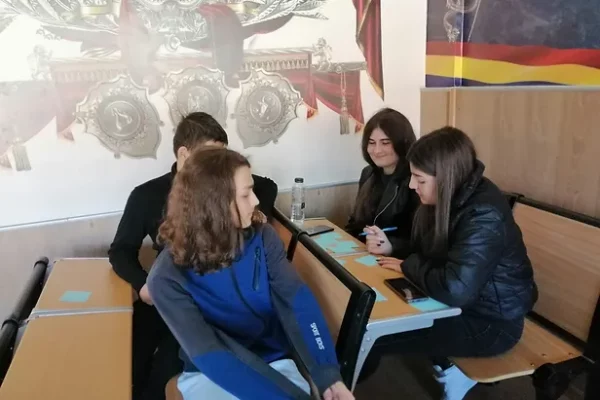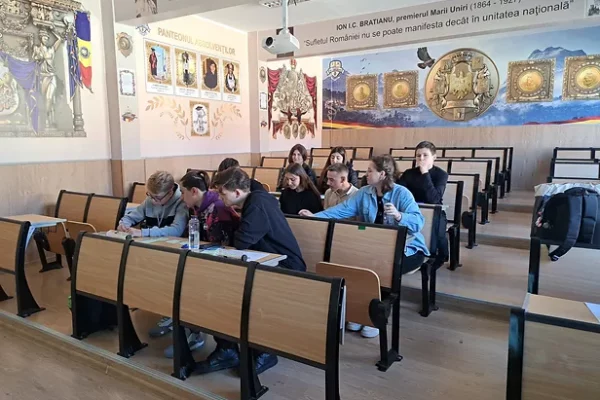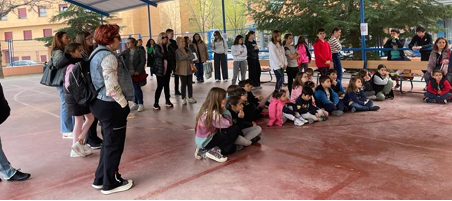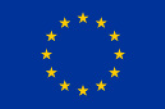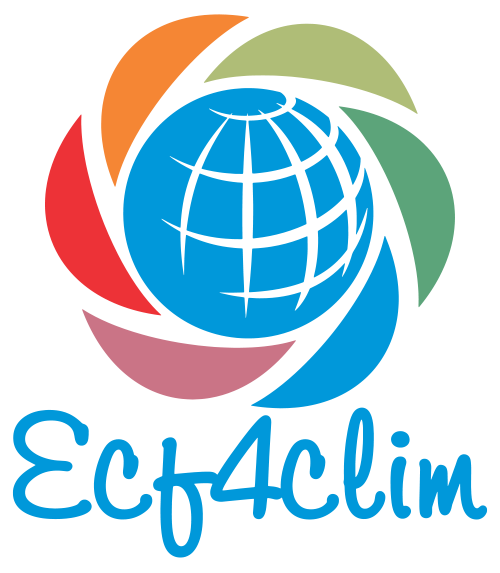In the last year an innovative hybrid participatory approach was developed by the ECF4CLIM project with the aim to co-design appropriate measures to strengthen environmental awareness, to engage the school community, and to strengthen knowledge, skills and attitudes on climate change and sustainable development.
The effective implementation was started, in October 2022, in all the demonstration sites of the project (some schools and universities from Spain, Portugal, Romania, and Finland). Two to three Sustainability Competence Teams (SCT) working in reconvened focus-groups were set up at the level of each school and university. The first one is composed by students, the second by teachers and the third by administrative staff. The first SCT meeting is intended to promote reflection on the existing competences and on the preferences for moving towards more sustainable behaviours and practices.
Sustainability Competence Committees (SCC) will be established at all demonstration sites (November 2022). The committees will consist of representatives from the SCTs and other actor groups relevant in the educational community, such as practitioners, NGOs, other stakeholders, and authorities. Rapporteurs from each of the three SCTs (students, teachers, administrative staff) will present to the SCCs the challenges and proposals identified in their groups. A deliberative co-design process will be generated, whereby the groups jointly design the measures that they deem as the most suitable for fostering sustainability in their own school or university.
On October 19th the first session of the SCTs (students – SCT1, teachers and administrative staff – SCT2) in the “Nicolae Balcescu” School (Dragasani town, Romania) has produced valuable results for the investigation of the current understanding of sustainability and associated practices.
On October 20 the first session of the SCTs was organized at “Iulia Zamfirescu” High School (Mioveni town, Romania). A fruitful dialogue with students, teachers and administrative staff revealed the main driven factors and obstacles in the educational process devoted to sustainability.
